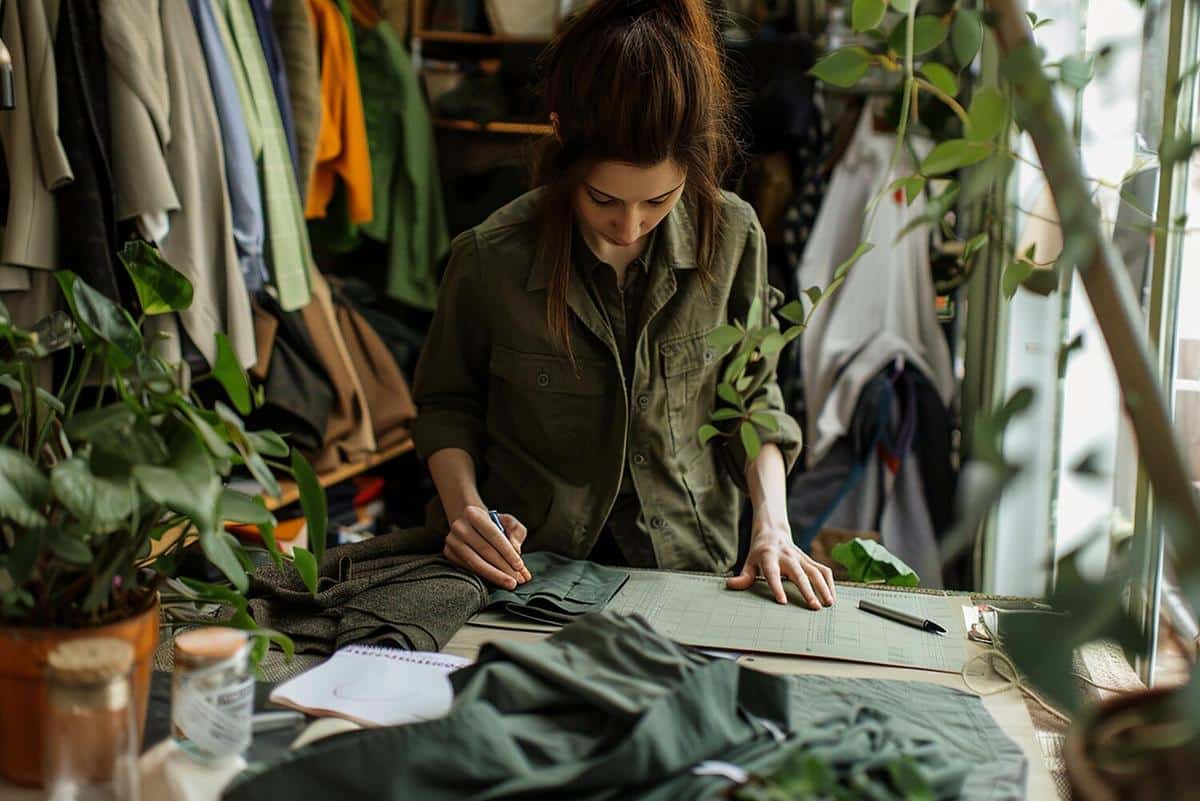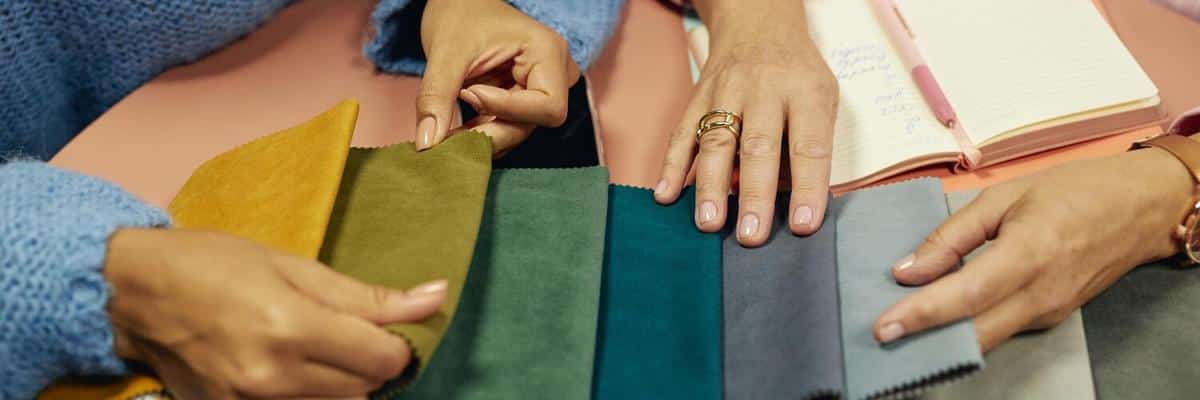
Consumer Trends: The Shift Towards Ethical and Sustainable Fashion
As awareness around environmental and social issues grows, a significant shift in consumer behavior is emerging, particularly within the fashion industry. The demand for ethical and sustainable fashion is no longer a niche interest but a burgeoning movement that is reshaping the way we think about clothing.
Understanding Ethical and Sustainable Fashion
Ethical and sustainable fashion refers to the practice of designing, producing, and consuming clothing in ways that are mindful of environmental and social impacts. This trend is driven by consumers who are increasingly aware of the negative effects of fast fashion, such as environmental degradation and poor labor conditions.
Expert Opinions
According to Lucy Siegle, a prominent journalist and environmental advocate, “Fast fashion isn’t free. Someone, somewhere is paying.” This highlights the hidden costs of cheap, mass-produced clothing and the need for more sustainable practices.
Statistics and Research
A report by the Global Fashion Agenda states that the fashion industry is responsible for 10% of global carbon emissions. Additionally, the Ellen MacArthur Foundation estimates that a truckload of clothing is wasted every second, emphasizing the urgency for change.
Personal Anecdotes
Take, for instance, a local boutique owner named Emma, who transitioned her business to focus on sustainable brands. She noticed a significant increase in customer engagement and loyalty, proving that consumers are willing to support ethical practices.
Actionable Tips for Consumers
- Research Brands: Before purchasing, look into the brand’s sustainability practices.
- Buy Less, Choose Wisely: Opt for quality over quantity.
- Support Local and Small Businesses: They often have more transparent and ethical practices.
Comparison of Sustainable vs. Fast Fashion
| Aspect | Sustainable Fashion | Fast Fashion |
|---|---|---|
| Environmental Impact | Low | High |
| Labor Practices | Fair | Often Exploitative |
| Cost | Higher Initial Cost | Lower |
| Quality | Durable | Often Poor |
| Trends | Timeless | Short-lived |
| Consumer Spending | Mindful | Impulsive |
| Brand Transparency | High | Low |
| Resource Use | Efficient | Wasteful |
FAQs
What is ethical fashion?
Ethical fashion focuses on reducing harm to people and the planet, often involving fair labor practices and sustainable materials.
Why is sustainable fashion important?
Sustainable fashion is crucial in reducing the industry’s carbon footprint, conserving resources, and promoting fair labor practices.
How can I start shopping sustainably?
Begin by researching brands, buying less but choosing quality, and supporting local businesses that prioritize sustainability.
Conclusion
The shift towards ethical and sustainable fashion reflects a broader movement towards more responsible consumerism. By making informed choices and supporting brands that prioritize ethical practices, consumers can contribute to a more sustainable future. As the industry continues to evolve, staying informed and proactive will empower individuals to make a positive impact.


